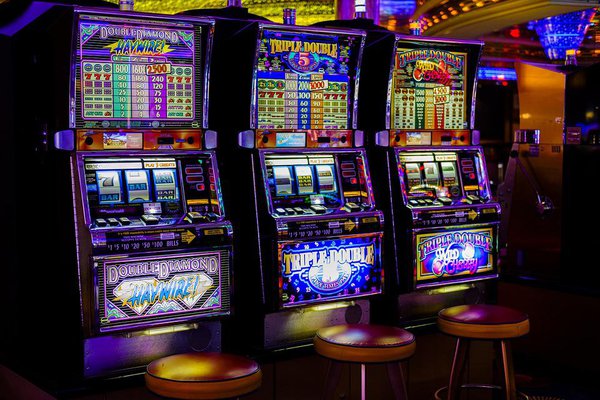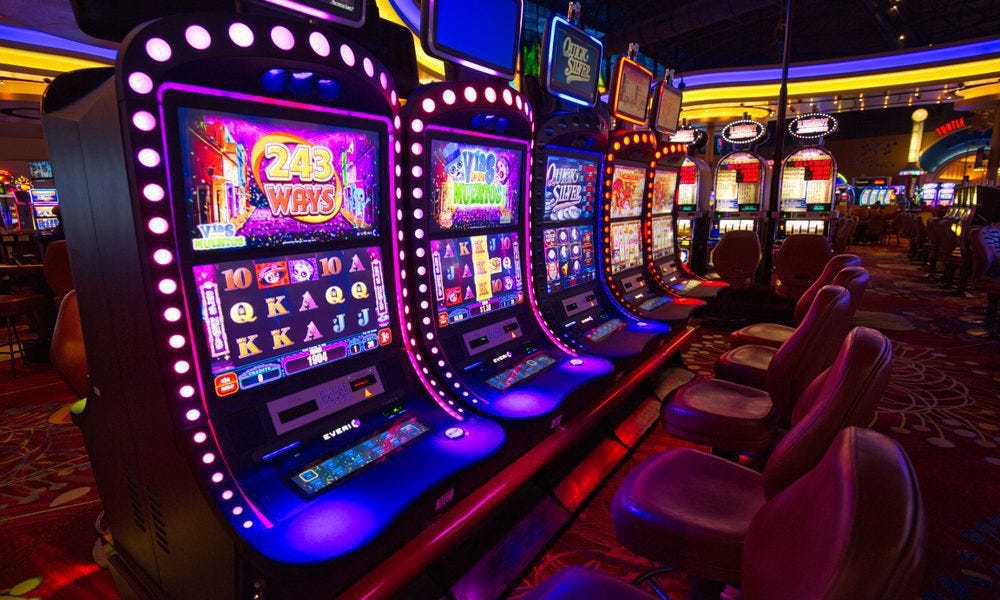Slot machines are the beating heart of most casinos, captivating players with their flashing lights, exciting themes, and the allure of hitting that elusive jackpot. But as gaming technology advances, there’s been growing curiosity about the inner workings of these machines. Specifically, in Wales’ bustling casino scene, many players wonder whether slot machines are smarter than they seem.
Do these digital one-armed bandits “learn” your behavior and adjust their payouts accordingly? The answer lies in understanding the technology behind modern slot machines and separating fact from myth.
How Do Slot Machines Work?
Before unpacking the idea that slot machines might track behavior, it’s essential to understand their basic mechanics. At the heart of every slot machine, whether it’s a flashy video slot in Cardiff’s bustling Grosvenor Casino or a classic reel machine in a seaside amusement arcade, lies a Random Number Generator (RNG).
The RNG is an algorithm that generates thousands of number sequences every second, corresponding to the symbols on the machine’s reels. When you press the spin button, the RNG locks onto a specific sequence, determining the outcome of the spin. This process ensures that every spin is independent of the last, meaning your previous wins or losses do not influence your next result.
For traditional slots, this independence reinforces the idea that skill or “hot streaks” don’t play a role. But with modern online and digital slots offering bonus rounds, progressive jackpots, and customizable settings, the technology has evolved significantly.
The Myth of Behavioral Tracking
A common theory floating around casino culture is that slot machines “learn” a player’s patterns, subtly encouraging them to keep playing longer or spend more money. This concern has gained traction with the advent of adaptive gaming algorithms. But the reality is less sinister than it sounds.
While modern slot machines, including those in Wales, use advanced programming to offer varied gameplay, they don’t “remember” individual players’ strategies or behaviors unless linked to player loyalty systems. Casinos often provide loyalty cards that track how much you play to offer perks like free meals, credits, or discounts. However, these systems aren’t tied to the slot outcomes; the RNG still determines spins without influence from your habits.
Where some confusion arises is from the concept of dynamic game design. Slots may come equipped with adjustable Return-to-Player (RTP) rates and volatility levels. For example, casinos can set up games to offer small, frequent payouts (low volatility) or rarer, larger wins (high volatility). While these settings are chosen by the casino and not influenced by an individual’s behavior, they can create the illusion that the machine is “reacting” to how you play.
The Role of Adaptive Gaming
While slot machines don’t track individual players’ emotional boosts or betting patterns, some online casino platforms use adaptive gaming to enhance user experience. Adaptive algorithms in online slots might tailor themes, features, or recommendations based on how long you’ve played or what types of games you’ve selected previously.
Conclusion
Slot machines in Wales, like those worldwide, offer a blend of chance, technology, and entertainment. While the rumors about behavioral tracking persist, the reality is that modern machines don’t directly learn or adapt to individual players. RNG technology ensures fair play, while dynamic game settings are standardized across all users.
Whether you’re trying your luck in Cardiff, Swansea, or an online casino, the key to a positive gambling experience is understanding how the games work and knowing when to walk away. Armed with the right mindset and knowledge, you can enjoy the thrill of the reels without falling for the myth that the machine is plotting against you.








Leave a Reply